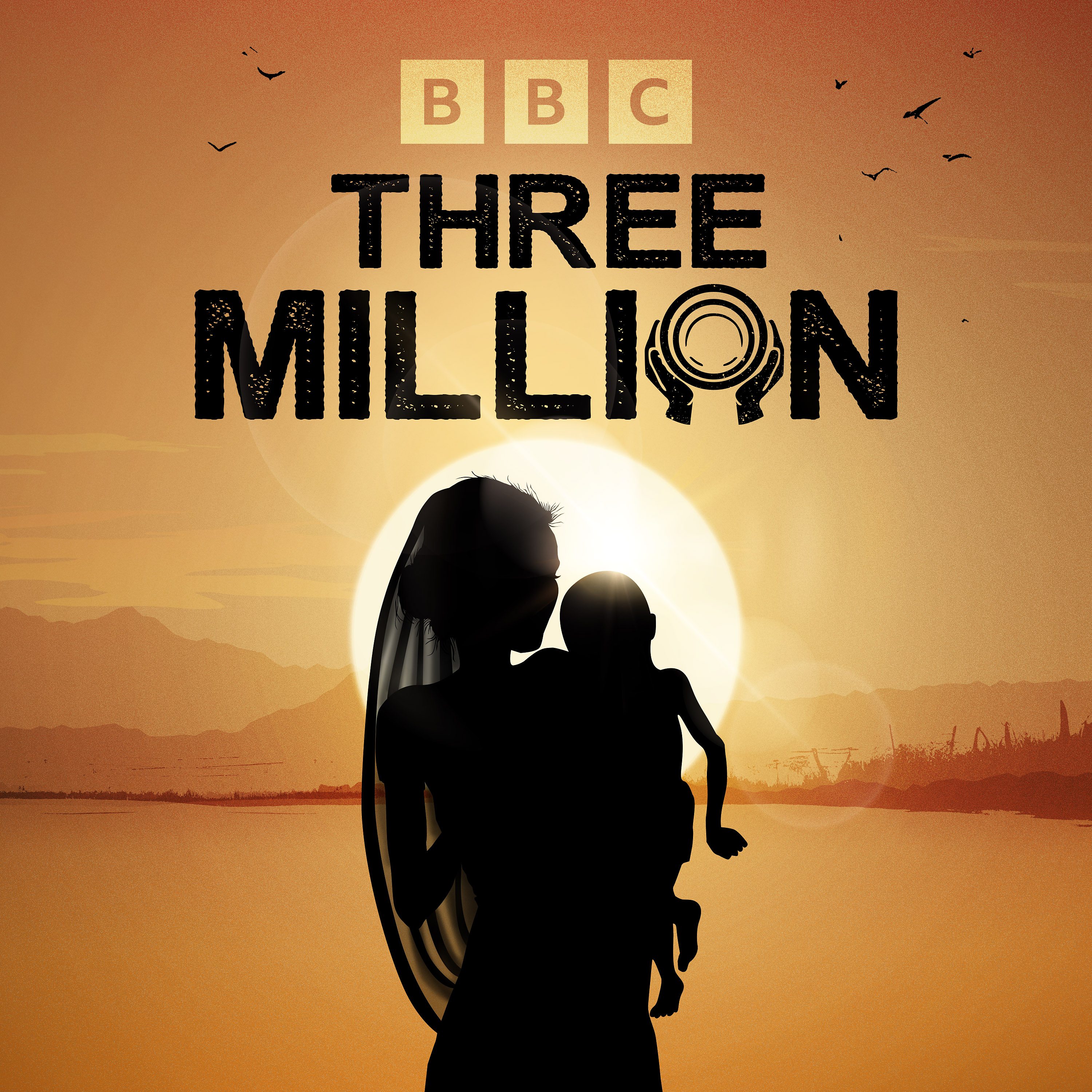Episodes
Published 03/11/24
The Bengal Famine, particularly the experiences of people in the rural areas who suffered the most, is not well remembered today. There is no memorial, museum, or plaque to the victims or survivors anywhere in the world.
One man has made it his life’s work to record their testimonies with paper and pen. Kavita hears from him - and tries to understand more about why the three million people who perished aren’t better remembered or memorialised in India, Bangladesh and Britain.
Presenter Kavita...
Published 03/11/24
Kavita discovers a set of cassette tapes containing rare interviews with Indian civil servants who were on the ground across Bengal during the famine, shedding new light on colonial responsibility.
And as the need for relief in Bengal becomes ever greater, more pressure is put on the British government from India’s new Viceroy. He asks for more food imports. Could the War Cabinet and Prime Minister Winston Churchill have done more to help alleviate the famine in the middle of the war? ...
Published 03/11/24
Colonial authorities wanted to censor the famine. They were worried that Britain’s wartime enemies - the Germans and the Japanese - would use it as propaganda against them.
But as more and more starving people arrive in cities across Bengal, it becomes harder to suppress. Indian writers, photographers and artists document the humanitarian catastrophe, but it was risky as the censor forbade mention of the word famine. A British journalist and editor of the English language Statesman newspaper,...
Published 03/11/24
A boy decides how much rice he can give from a cigarette tin to hungry people. A Christian missionary sets up a makeshift relief hospital. A small child watches through the gates of his house in Calcutta as emaciated women clutching children ask for food.
As the food crisis deepens, shocking testimonies from the countryside show the extent of starvation. Many thousands of hungry people begin moving from the rural areas towards the cities.
Indians - including children - are forced into...
Published 03/11/24
During the Second World War, at least three million Indian people, who were British subjects, died in the Bengal Famine. It was one of the largest losses of civilian life on the Allied side. But there is no memorial to them anywhere in the world - not even a plaque. Can three million people disappear from public memory?
From the award-winning creator and presenter of Partition Voices and Three Pounds in My Pocket, this is the story of the Bengal Famine of 1943. For the first time it is told...
Published 03/11/24
The forgotten story of World War II: the Bengal famine in British India, where at least three million people died, told for the first time by the eyewitnesses to it.
Published 03/08/24


